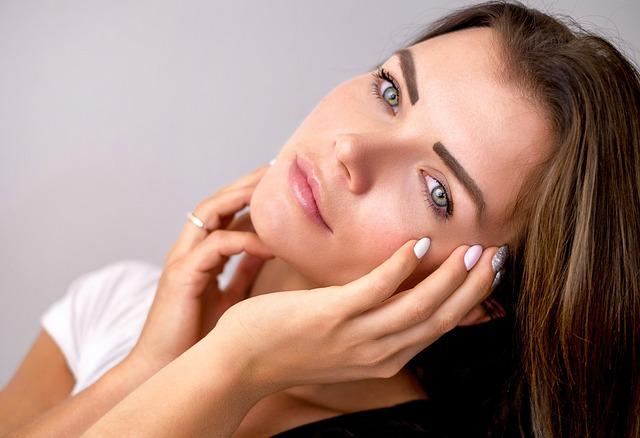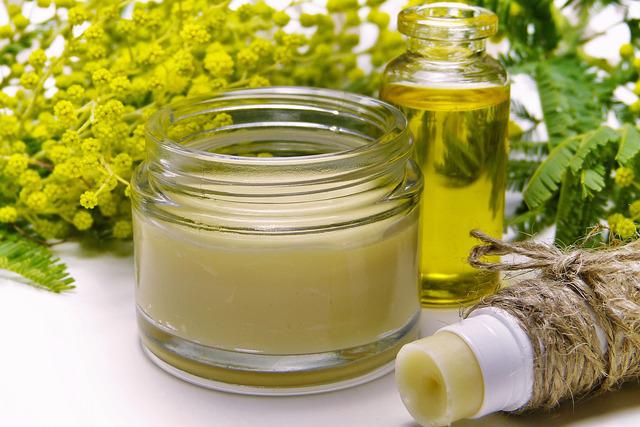What is Tanning And Why Do We Need it?
Tanning is the process of darkening the skin. Tanning occurs when the skin cells produce melanin in response to ultraviolet radiation from the sun or a tanning bed.
The main purpose of tanning is to protect the skin from the sun’s harmful rays. Ultraviolet radiation can cause skin cancer, premature ageing, and other skin problems.
People with light-coloured skin are at greater risk of getting sunburned than people with darker-coloured skin. Tanning increases the amount of melanin in the skin, which helps to protect it from the sun’s harmful rays.
Some people believe that tanning makes them look healthy and attractive. But tanning is not necessary for good health. In fact, too much sun exposure can be harmful to your health.
There are 5 Health Benefits of Tanning
The sun feels amazing. It’s the perfect temperature, and it just makes you feel good. You may not have known this, but there are actually health benefits to tanning! Here are 5 of them:
1) Tanning helps your body produce vitamin D. Vitamin D is important for strong bones and teeth, and it also helps protect your body from diseases like cancer.
2) Tanning makes you look younger. Sun exposure causes the skin to produce more collagen, which makes your skin look smoother and younger.
3) Tanning can help relieve stress. The sun’s natural light helps improve your mood and makes you feel happier.
4) Tanning can help improve your sleep quality. The sun’s natural light helps regulate your body’s internal clock, which can help you get a better night’s sleep.
5) Sunlight also helps the body get rid of waste products, such as cholesterol and Bilirubin.
How to Get the Best Results with Tanning
Summertime is the perfect time to show off your skin in a new, darker shade. Whether you’re hitting the beach or the pool, getting that nice bronze glow is key to looking your best. But if you’re not careful, tanning can also lead to skin damage and even cancer. So how can you get the best results from tanning while minimizing these risks? Here are some tips:
First, start by gradually increasing your exposure time. This will help your body get used to the sun and avoid any nasty sunburns. It is important to choose the right time of day to tan. The best time is usually in the morning or early afternoon, when the sun is not as strong.
Second, make sure to wear sunscreen. Sunscreen will help protect your skin from burns and from developing cancer later in life. There are many different types of tanning products on the market, and each one has its own strengths and weaknesses. Some products can be used for different parts of your body, while others are only meant for your face or hands. The best product for you will depend on what you want out of it and what your skin type is.
Third, avoid tanning beds. Tanning beds can be dangerous and can cause skin cancer.
Fourth, drink plenty of water while you are tanning. This will help keep your skin hydrated and looking healthy.
Fifth, stay in the shade when possible. This will help prevent your skin from burning.
Side Effects of Tanning & How to Avoid Them
It is no secret that spending time in the sun or in a tanning bed can give you a nice, healthy glow. However, many people are unaware of the potential side effects of tanning, which can range from mild to serious. In order to avoid these side effects, it is important to be aware of them and take steps to protect yourself.
There are many side effects of tanning, from the short-term to the long-term. The short-term side effects can include skin irritation, sunburn, and dehydration. Sunburn is the most common, and it’s caused by too much exposure to UV rays. It can make your skin red, sore, and peeling. Sunburns are more likely to happen if you have fair skin or if you don’t normally tan very well. Dehydration can also occur quickly when you’re tanning. It happens when your body loses more fluids than you take in, and it can cause symptoms like thirst, dizziness, lightheadedness, and headache.
The long-term side effects of tanning can be even more serious. They include premature ageing of the skin, wrinkles, age spots, and even skin cancer.
Tanning Bed VS Sun Exposure – Which is Better for Your Health?

The jury is still out on whether tanning beds are better for your health than sun exposure. Some studies have shown that tanning beds are not as harmful as the sun, while other studies have shown that they are just as bad, if not worse.
There are a few things to consider when trying to decide which is better for you: the intensity of the UV rays, how often you’re exposed to them, and your skin type.
UV rays from the sun are more intense than those from a tanning bed. So, if you’re only going to be exposed to UV rays for a short period of time, the sun may be better. But, if you’re going to be exposed to them for a long period of time, like during a beach vacation, then a tanning bed would be better.
How often you’ve been exposed also matters.



